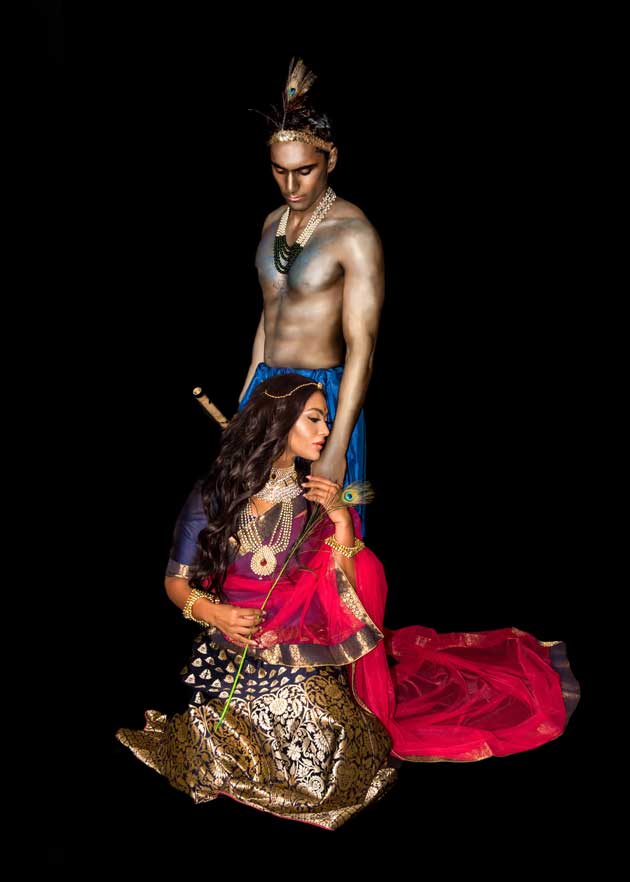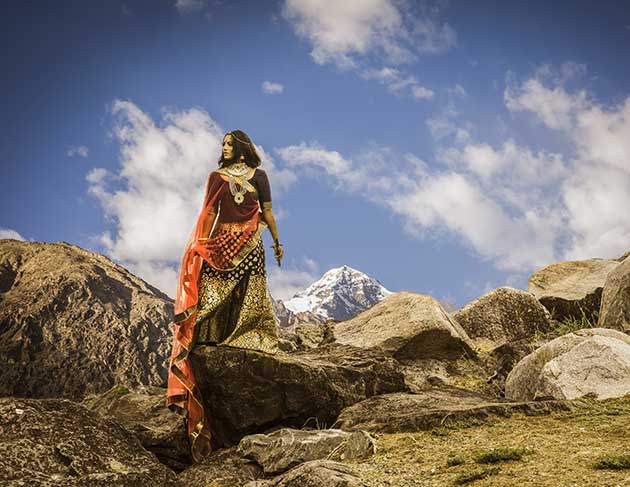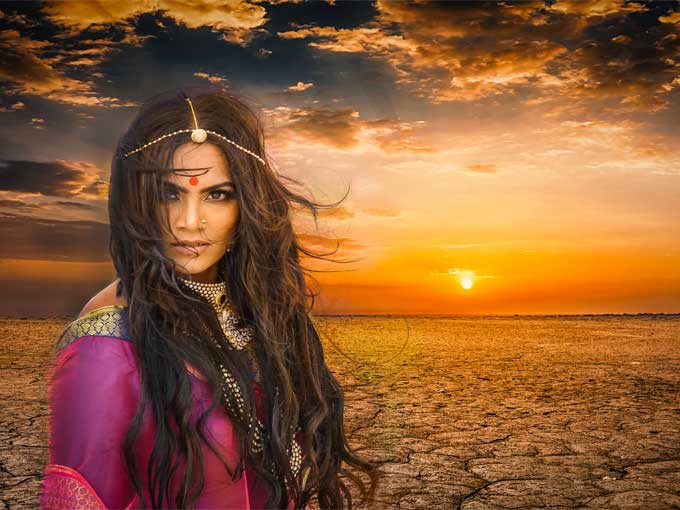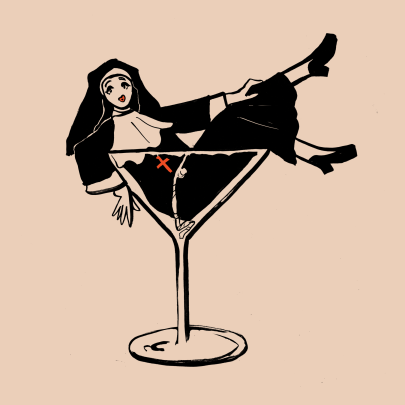May 24, 2019 Theatre
Aarti Bajaj is the artistic director and lead actress in the play Meera, running at Auckland’s Waterfront Theatre from next Friday. “I wanted to focus on the pureness of love in the story, she says. “We all have different religions and beliefs, but we all have one common expression, and that is love.” Metro writer Alex Blackwood attended the show’s curtain raiser preview.
When Meera debuted on Australia’s Gold Coast last year in November, with three sold out shows and a cast of 300. Here in Auckland, the story is being told with about a third as many people – which is still a pretty big cast. Meera tells the story of the romance between a 16th century princess poet, Meera, and the immortal Hindu deity of love and compassion, Krishna. And though the legend goes that Meera was in love with a statue of the god, artistic director Aarti Bajaj prefers to interpret that she was in love with the god himself.

The legend tells of how Meera defied her parents, her human husband and society’s traditional conventions to speak out and make her own decisions, an unusually feminist thing to do in a time where (Bajaj says) women were meant to stay quietly in their rooms until told to do otherwise by a man.
Additionally, Meera was already a poet as well as a princess; a feminist figure in an otherwise tough time to be a woman.
Having spent 15 years studying Meera the historical figure, Bajaj admits that Meera’s fierce independence and determination has rubbed off on her. On top of her roles as artistic director and lead actress, is also the CEO of Wild Dreamer Productions, the company producing Meera. The show is her baby and she is striving for perfection, but also wants the heart of the play to be love, and an embrace of diversity.
“My goal is to break different boundaries using globalisation and modernisation, to shine a light on different cultures and art forms,” she says.

“There is so much more to Indian dance and to South Asian culture that is not properly propagated or spread in the wider world,” Bajaj says. She wants to show “there is more to Indian performing arts than Bollywood”. Indeed, the story is told through ballet, jazz, contemporary, pole, aerial, Indian folk dance, kapa haka and 2D-3D image projection. The diversity of storytelling styles is reflected in the diversity of the cast. There are Indian actors, Sri Lankans, Kiwis, Samoans, Tongans, Filipinos, Australians and more as well as music by both Indian and Western composers.
There’s certainly no shortage of diversity in this modernisation of a 16th century Indian story. As Auckland mayor, Phil Goff pointed out at the play’s preview curtain raiser; it serves as a celebration of inclusivity for Auckland as the fourth most diverse city in the world. But it is the emphasis that Bajaj has placed on love and feminism which brings a modern relatability and warmth to the story.
MEERA
Created by Aarti Bajaj
ASB Waterfront Theatre, Auckland
31st May, 1st June, 2nd June 2019
Showtimes: Friday 31 May 2pm & 7pm, Saturday 1 and Sunday 2 June 2pm & 6pm
Duration 90 mins including 10 min interval
Tickets from ASB Waterfront Theatre






